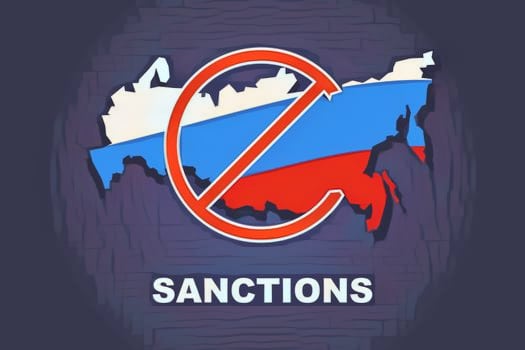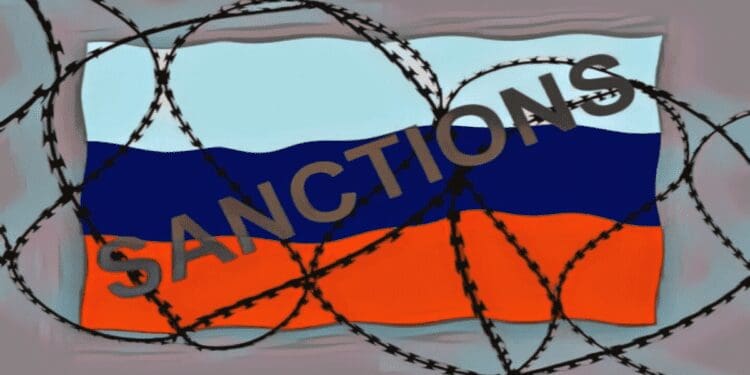In February, when Russia began its “special military operation” in Ukraine, the West immediately responded with severe penalties and banned Russia from the SWIFT network.
The European Union has now said that it is tightening penalties against Russians by prohibiting crypto service providers and exchanges from doing business with Russian entities.
Russian economic isolation deepens
Already there have been eight sets of restrictions have been imposed by the EU in its ongoing campaign of sanctions against Russia.
These sanctions have been intended to cause as much economic damage to Russia as possible in order to limit its capability to wage war.
The most latest ban, which aimed to severely restrict some of the few means by which Russians had been capable of keeping financial integration with the rest of the world, has since been scaled back.
It is in compliance with previous laws that imposed a 10,000 euro limit on cryptocurrency payments to UK wallets.
How effective will the sanctions be?

Numerous attempts have been made in the past to ban the use of cryptocurrency, but they have almost invariably failed.
The President of Nigeria in 2021 initially opposed the spread of Bitcoin in the nation because he believed it to be a danger to the national currency.
The use of Bitcoin in Nigeria has subsequently skyrocketed as a result of his understanding of the significance of providing his people with a strong foundation in an extensively employed currency with high liquidity that could not be diluted.
It is much more likely that Russians will simply be directed to less controlled platforms and in many cases will choose peer-to-peer alternatives like Local Bitcoins rather than completely prohibit transactions between willing participants.
As the competition for the Russian consumer base has weakened, they could also be pushed to Asian exchanges, where they will thereafter be able to significantly grow their volumes.
Therefore, it is extremely possible that these sanctions won’t last indefinitely: in the short term, the ban could be used as a tool to attempt and weaken the Russian regime and crush morale at present, but in the long run, the ban would also be extremely harmful to the European Union, especially given that Russia’s abundant natural resources give the country a significant advantage when it comes to the Bitcoin mining industry.












Discussion about this post